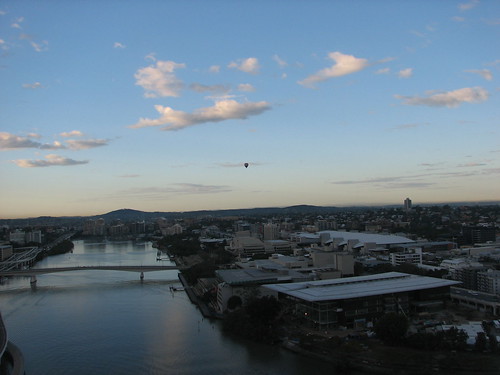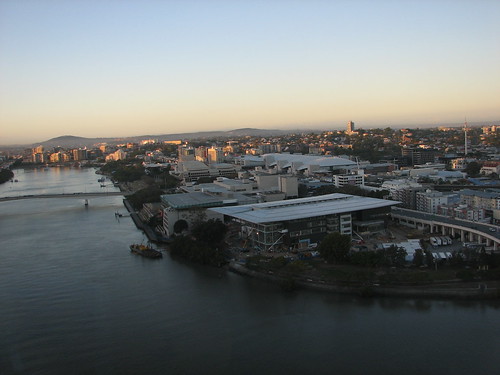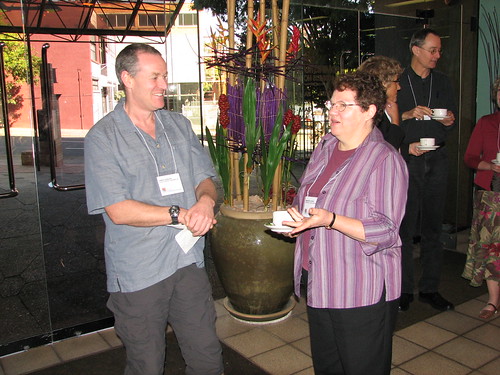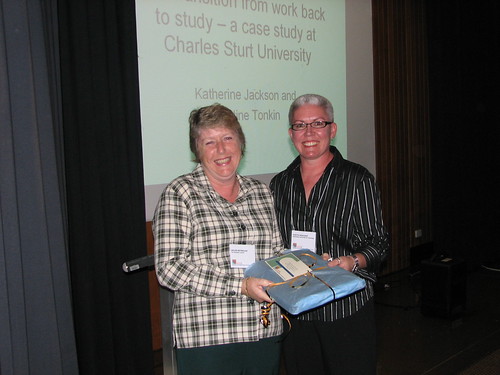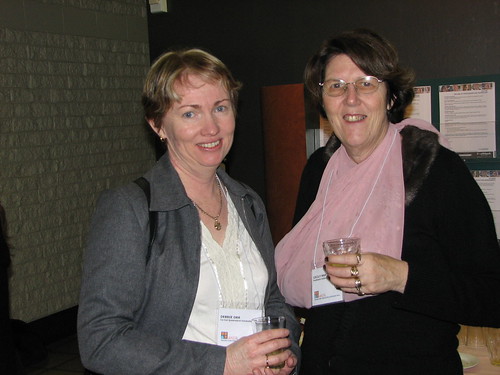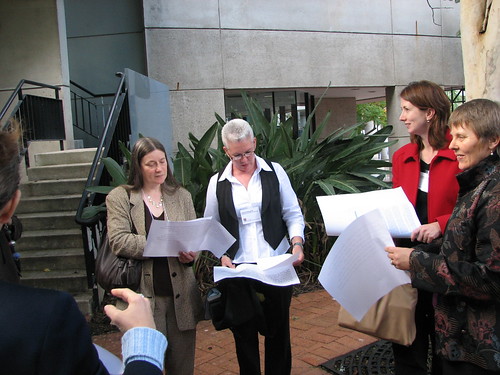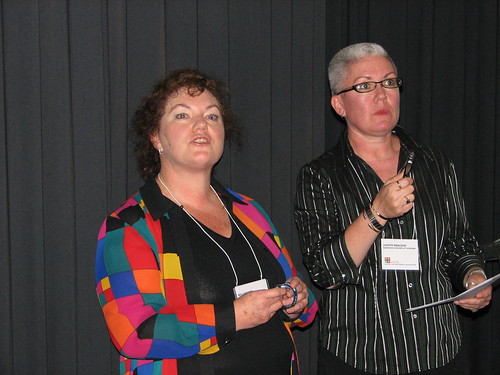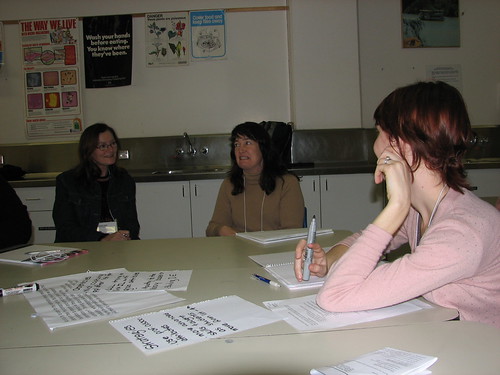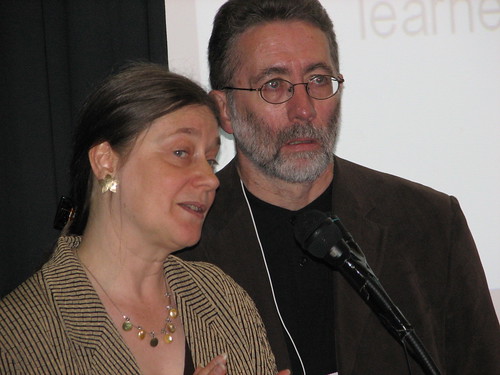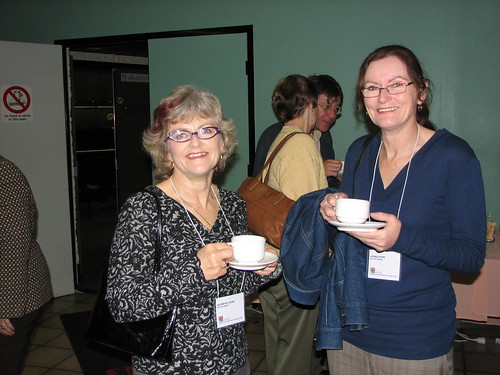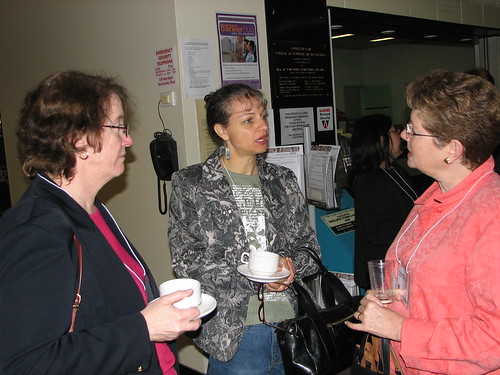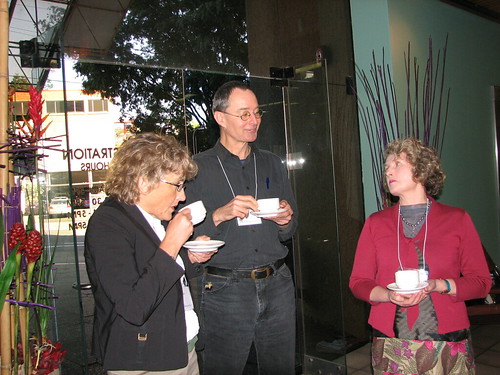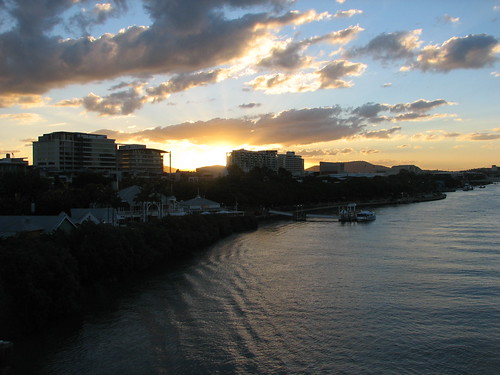”Google Scholar and Libraries:point/counterpoint” which can be be found in Reference Services Review Volume 33 Number 4 2005 pp 380-387
They argue that there are two current camps amongst librarians when considering Google Scholar:
Point: handwringers
Handwringers worry that Google Scholar will drive our users away from libraries.
They worry that students will gravitate to Google Scholar due to its name recognition and ease of use.
They worry that Google Scholar will become their sole source of research information and that students will bypass libraries and librarians altogether
They worry that suddenly their library's tremendous investment in online databases is at risk.
They worry that students will neglect the important subject databases with value-added thesauri and subject indexing, complex search and limiting capabilities, likely broader scope of materials in terms of publication time frame and numbers of materials indexed.
They worry about Google Scholar's impact on service, collections, and everything in between – not to mention reaching library-purchased material.
They worry about costs and advertising.
They worry about worrying.
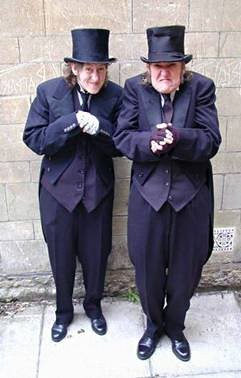
Counterpoint: the carpe diem “camp”
While some see the introduction of Google Scholar as a source of frustration, others seize upon it as an opportunity.
Indeed, there are those who believe that Google Scholar presents unique educational opportunities for academic libraries, opportunities to reaffirm our role in the educational enterprise, and opportunities to underscore our role in the creation of an access culture on campus.
There are those, too, who believe that Google Scholar presents unique advocacy and marketing opportunities, and by so doing, exposes our valuable resources to our users and promises to make usability more effective.
Besides, Google Scholar has opened up invisible content to web searchers and our users, so, why be nervous?
Those that have seized the opportunity believe that, yes, there is room for both Google Scholar and traditional library databases; the “buzz” in these quarters is how best to embrace or otherwise integrate Google Scholar into our repertoire of collections and services.
The carpe diem “camp” is convinced that Google Scholar provides a range of opportunities for librarians at the front lines and behind the scenes – at the reference desk, in the classroom, and in our web space. In short, here is a great marketing opportunity for libraries.
I have been arguing that we should introduce the topic in our information literacy sessions, recognising that many of our users may be using GS anyway and suggesting it as a launch pad for our commercial databases and our own federated search interface CrossSearcher. With links now to Libraries Australia, and the ability to download to EndNote, its becoming more of useful resource.


